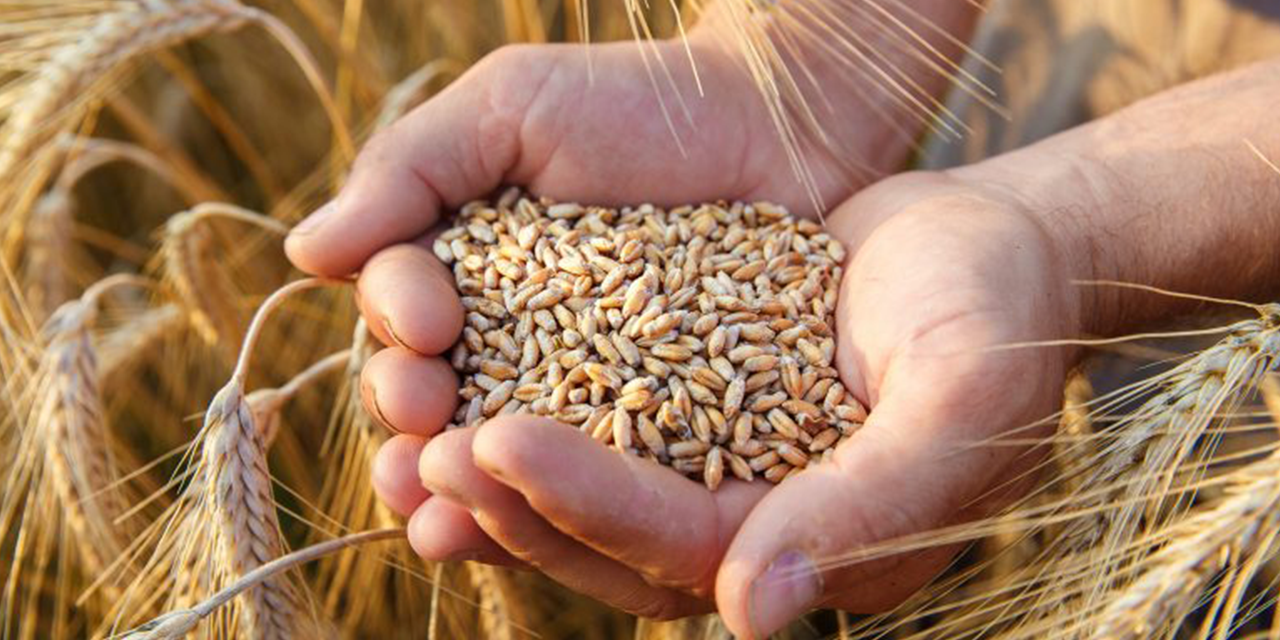Wheat, grain and legume proteins

Lectins: These are proteins present ingrains, pseudo grains and legumes. Lectins prevent the digestion of seeds to maintain the seed lineage. Lectins have many different types; the two most important ones affecting human health are prolamin and agglutinins.
Prolamins: These proteins are prolin rich proteins, they function as storage proteins during seed germination. These proteins contain inhibitory protease inhibitors and cannot be thoroughly digested and absorbed from the gut. The most studied and best-known prolamin is the gliadine component of from wheat gluten.
Gliadin: The main protein responsible for the harmful effects of gluten is gliadin. Gliadin crosses the intestinal cells in 3 ways without being digested, causing an immune activation.
Between intestinal cells (parascelluler transition, pathway): Gliadin causes zonulin (enterocyte tight junction opening-closure regulating molecule) secretion, causing opening of tight junctions leading to a leaky gut and immune response.
2, 3. Through intestinal cells (transcellular transition, pathway): By binding to antibodies, or by lysosomal damage.
• Other grain prolamins: These prolamins may cause cross-reactions with gluten in the body.
• Hordein in barley
• Sekalin in rye
• Avenin in oat
• Orzenin in rice
• Zein in maize
• Kafirin in sorghum
Agglutinins: These are a part of the protein defense system that protects seeds from fungi and insects. Agglutinins are lectins, like prolamins.
WGA (wheat germ agglutinin): These proteins do not break down by cooking or human stomach acid. They are thought to contribute to leaky gut and thereby triggering an immune response in the intestines.
Other grain and legume agglutinins: These proteins cause increased numbers of pathogenic bacteria in the intestine (dysbiosis) other than causing increased intestinal permeability.
ATI (amylase trypsin inhibitors): These proteins cause harm by inhibiting the enzymes necessary for digestion (preventing it from working) in the intestinal tract. Undigested food particles cause increased intestinal permeability and following immune system activation.
Saponins: All plant seeds contain saponin in varying amounts. They have a detergent-like effect and damage insects and other living things harming the seed of the plant. When consumed, they have a similar effect in the intestines. This feature, which is sometimes necessary for digestion, becomes damaging when it is taken in large quantities.

